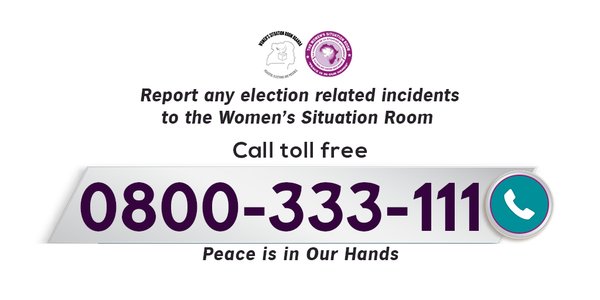The Chief European observer Eduard Kukan flagged off 54 short time election observers to respective areas across the country to observe voting, counting and tallying. On Election day the mission will be reinforced by a delegation of 7 Members of the European Parliament and 26 locally recruited short-term observers from the EU diplomatic community in Uganda. These observers are joining the 30 long-term observers who were deployed around the country on 12 January and have been meeting stakeholders including government and electoral officials, candidates and political parties’ representatives, as well as members of civil society and voters.
The information collected by observers will be the basis for the mission’s Preliminary Statement, which will be presented by the Chief Observer in a press conference on 20 February in Kampala.
The EU Election Observation Mission was established on 28 December, following an invitation from the Government of Uganda to observe the 18th February General Elections. Chief Observer Eduard Kukan is a Slovak member of the European Parliament. The mission comprises around 130 observers from all EU countries, as well as Norway. The mission operates in accordance with the “Declaration of Principles for International Election Observation”, adopted under the auspices of the United Nations in 2005. All observers adhere to a Code of Conduct that requires strict neutrality in the course of their work.
In other news, Ugandans have been asked to keep peace during this critical time of before, during and after elections at levels by everyone playing there part to avoid violence. The call was made by justice Julia Sebutinde who was launching the women situation room at Sheraton hotel Kampala.
Sebutinde says women are always perceived as soft targets yet they are most affected by election violence. Based on this she has asked everyone in society to play their role to a free and fair election because Uganda belongs to us all from the voter, candidates, electoral commission and the judiciary. Sebutinde appealed to youth to desist from being used by selfish politicians, for the security departments to play their role and candidate to cease exchanging threats.
The Women’s Situation Room (WSR) was started in Liberia by the Angie Brook International Center (ABIC) during the 2011 Liberian elections. it was adopted as the best practice by the African Union championed by the Liberian president Ellen Johnson Sirleaf. The mechanism has been successful in countries like Kenya, Sierra Leon, Nigeria and Senegal. the coordinator of ABIC to Uganda Yvette Chesson said the call center will not only receive conflicts but also participate in conflict resolution which will be done by a team of eminent wise women.
The WSR has a call centre where over 500 election observers covering 15 districts marked as hot spots will call directly to report any incidents that are likely to spark violence. Members of the public from any part of country are also urged to call in to report incidents from their community.
The toll free line is 0800333111

